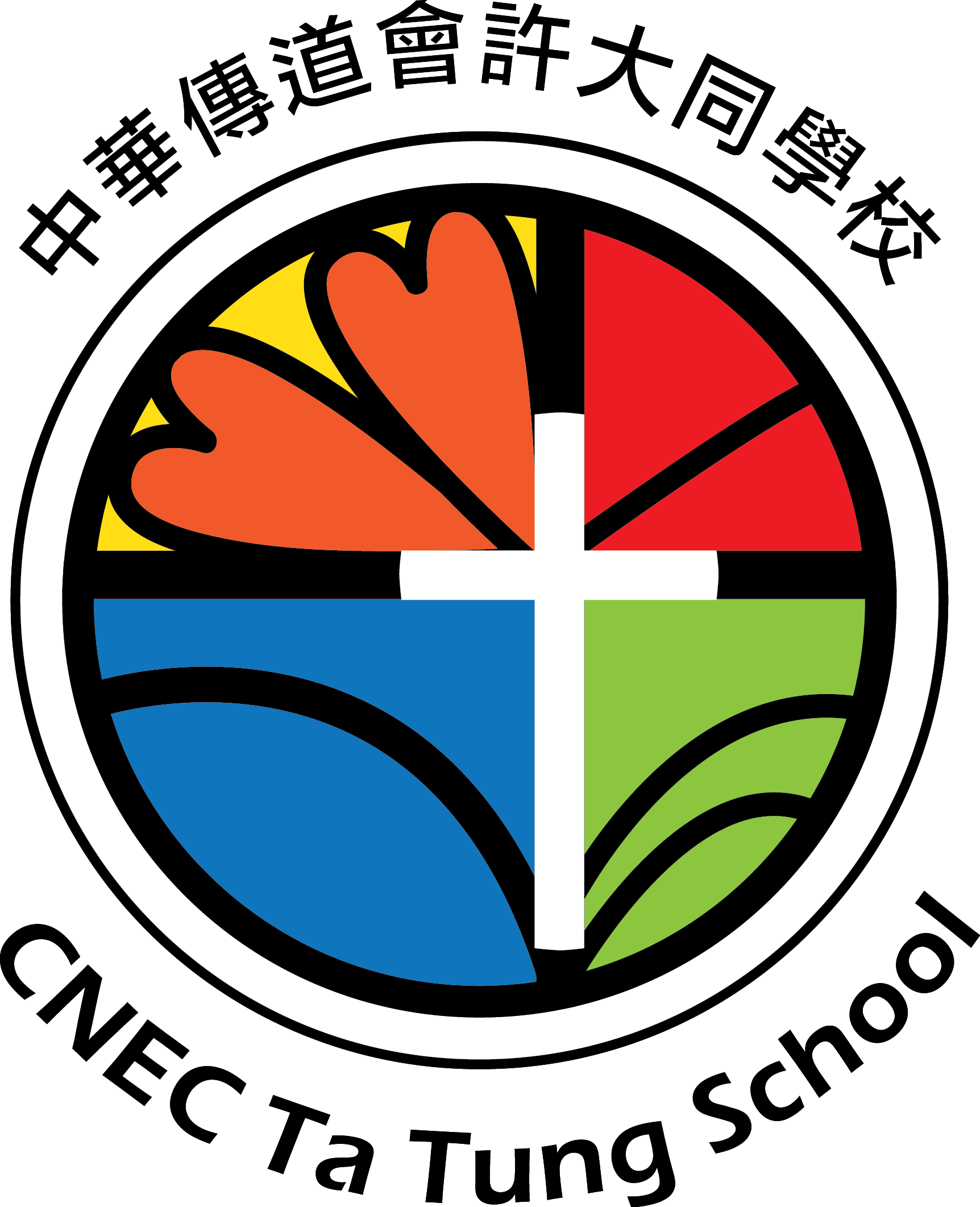Curriculum Development 》 Targets in Curriculum Development
Goals and Foci
To help students learn proactively and happily, so that they are motivated to engage in every learning opportunity and enjoy the happiness and sense of belonging in their studies.
To help students construct knowledge in everyday life and to cultivate nine common competences, namely collaboration, communication, creativity, critical thinking, using information technology, calculation, problem-solving, self-management and research, so as to establish the right values and attitudes.
To drive in-depth learning, and to nurture the “6C competences” of students, namely Creativity, Character Education, Citizenship, Communication, Critical Thinking and Collaboration, which could help students become citizens of the 21st century.
To improve the effectiveness of teaching and learning through joint lesson preparations, lesson research, class observations, collaborative studies, teachers’ professional development and experience sharing via different channels, systematic scheduling and the design of the curriculum, as well as the formulation of teaching strategies.
To develop diversified assessment modes, improve and consolidate students’ learning, and provide various feedback.
Characteristics
Optimises subject curriculum and incorporates e-learning elements, such as: teaching with illustrated novels, the joy of writing curriculum, contextual teaching and learning, outdoor learning, RWI phonics curriculum, the school-based English platform, mind gym, programming, etc.
Develops school-based STEAMER curriculum (Science, Technology, Engineering, Art, Mathematics, Ethics, Reading)
Fosters social development and quality of life: Christian life education school-based curriculum, the Boys’ Brigade, classroom management, 24 character strengths
In-depth learning: cross-disciplinary curriculum integration, nurtures the “6C competences” of students
Self-directed learning: builds self-directed learning strategies, self-motivated learning, proactive and positive learning attitude, effective learning methods, as well as basic learning competence and habits.
Teachers’ Professional Development
Teachers’ professional development days
At least three staff development days per year, held in-school or at other education organisations.
Organised by the guidance and counselling group, student support group, curriculum group and each subject panel group
Professional teaching community
Teachers’ Retreat
Sharing sessions arranged for teachers who have attended continuous professional development to share their learning outcomes
Professional communities for subject panels
Seminars / workshops on teaching
Seminars / workshops on adopting information technology in teaching


